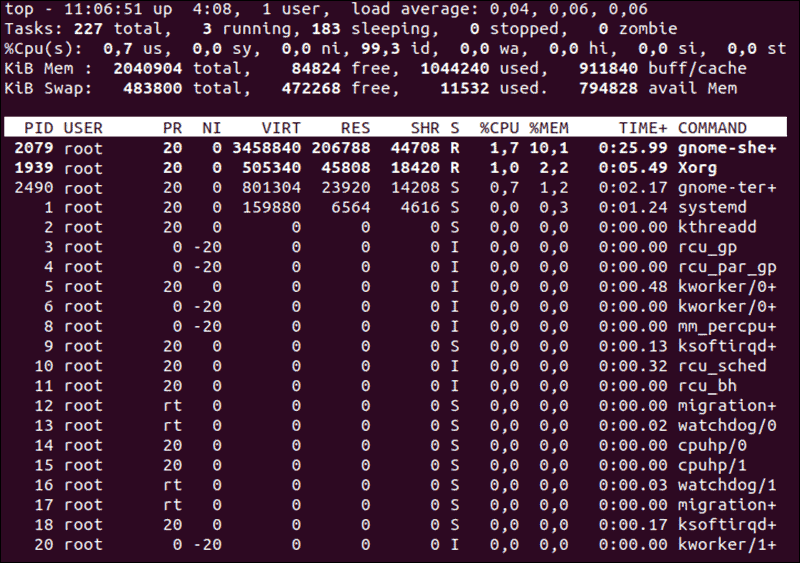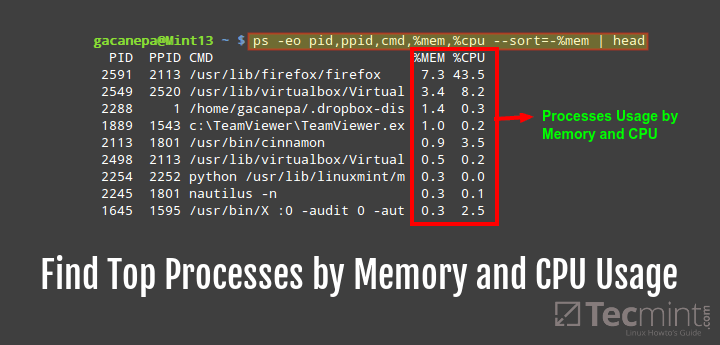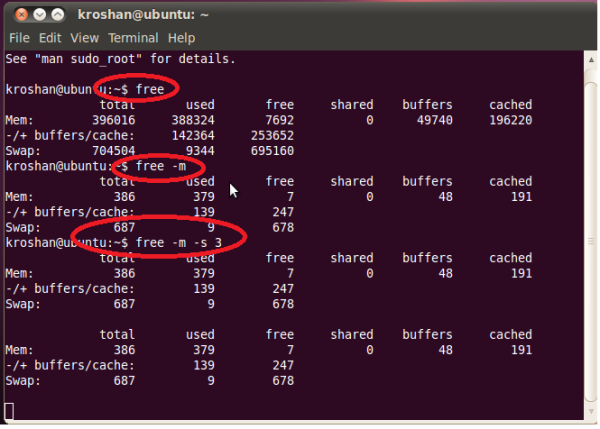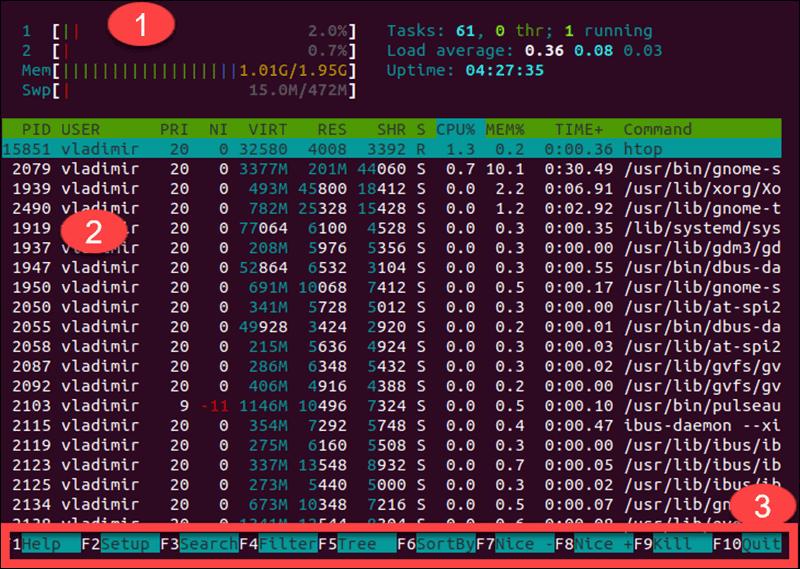Beautiful Tips About How To Check The Memory In Linux
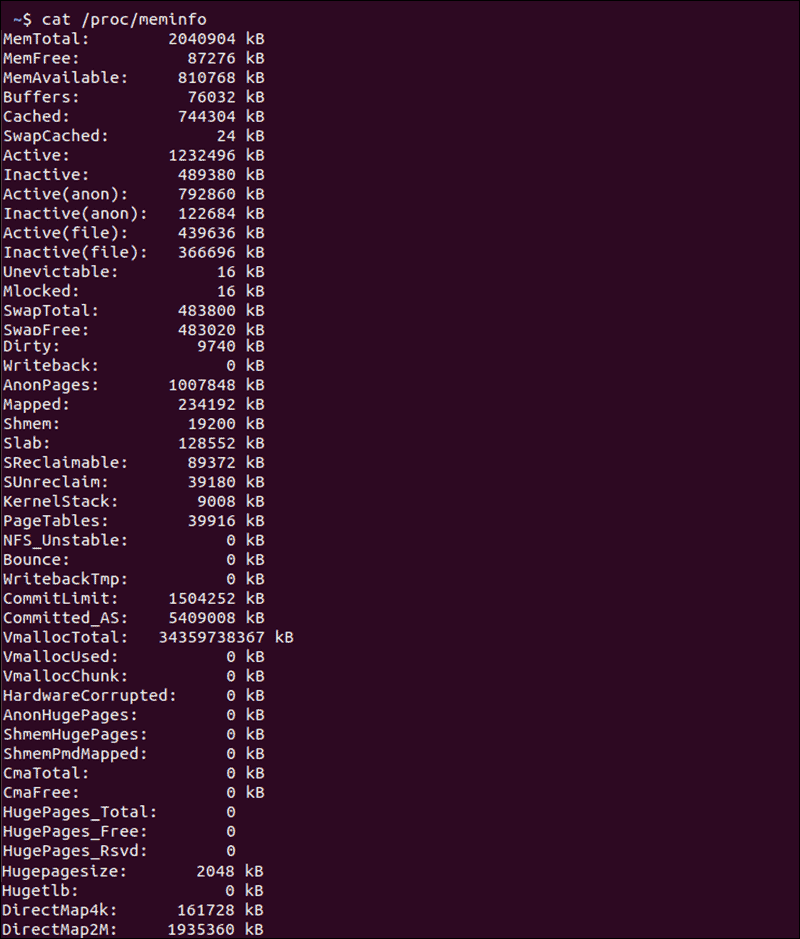
Check disk space in linux with du command.
How to check the memory in linux. The most important and single way of determining the total available space of the physical memory and swap memory is by using “free” command. To use this command, open up a terminal window and type: /proc/meminfo is the file you should read to get detailed information about.
If you want to view a process that is utilizing much memory then, press shift+m. Checking memory utilization in linux using the gui. Another way is to read memory info from the proc filesystem.
Cat command to display linux memory details. The du command displays disk usage. Check memory usage with top command in linux.
System monitor is a gui linux app that shows you what programs are running and how much processor time, memory, and. This is a virtual file that reports the amount of available and used memory. The top command is a well known linux command for viewing real time linux system information, including memory usage.
The best way to check memory usage in linux is by using the top command. You can check swap the same way you check memory usage in linux: Typing cat /proc/meminfo in our command line opens a file, i.e., /proc/meminfo.
It is a virtual file that tells the amount of used and available. You can check memory usage (in percentage) of all the process running on your linux operating system with the following command: To open the terminal, press the ctrl, alt, and t keys simultaneously.
You can check memory usage (in percentage) of all the process running on your linux operating system with the following command: The section at the top of the output. 50% of total memory on windows or 8gb, whichever is less;
If you use the free command with human. It will sort the programs based on the memory usage on top. Entering cat /proc/meminfo in your terminal opens the /proc/meminfo file.
The most common way you’ll see on the web to check for free memory in linux is by using the free command. The linux “ free ” command. An absolute windows path to a custom linux kernel.
This tool can display disk usage for individual directories in linux, giving you a finer.





